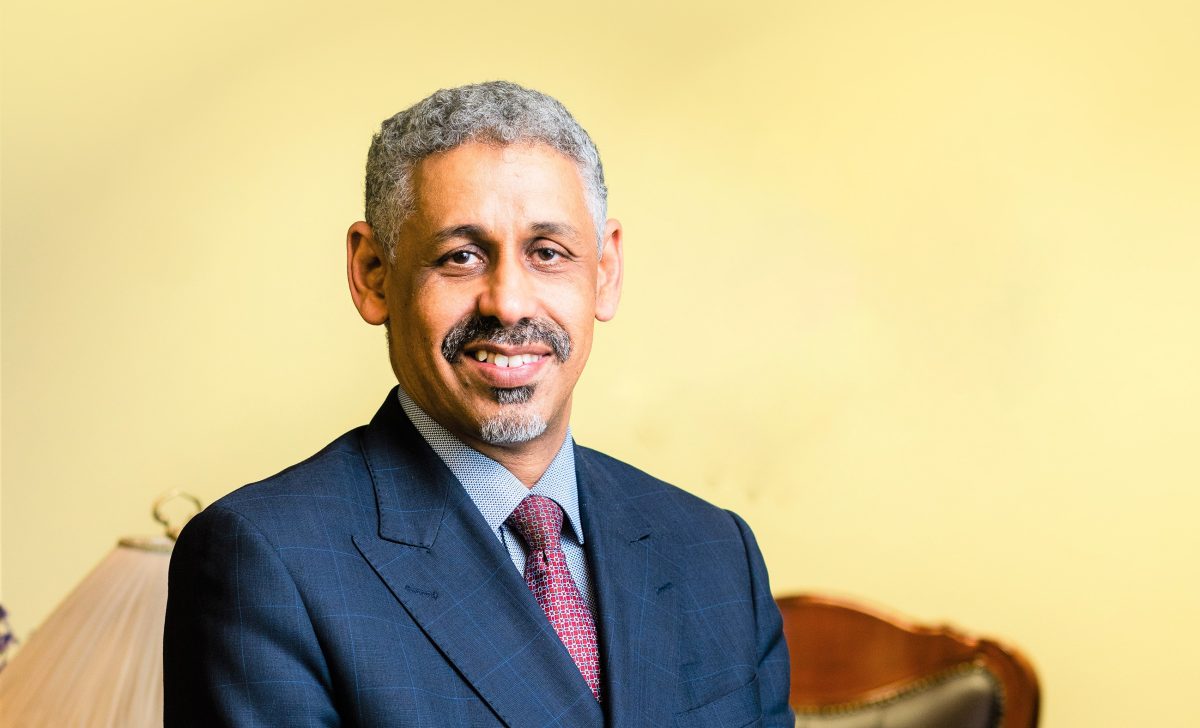Abu Dhabi, UAE–The Arab Bank for Economic Development in Africa (BADEA) expects the bank’s annual financing to reach US$2.5 billion by the end of 2024.
According to its director general, Dr. Sidi Ould Tah, the annual financing of the bank is witnessing a steady increase, rising from US$2 billion in 2022 to US$2.23 billion in 2023.
Ould Tah added, in statements to the Emirates News Agency (WAM), mentioned that about 30 percent of the bank’s financing over the past ten years has been allocated to sustainable development projects in the African continent, explaining that the financing is allocated to about 44 African countries that are not members of the Arab League.
He explained that there is an exaggeration in describing and assessing the level of risks in Africa, which has led to raising the interest rates on financing granted to the continent in the global financial markets, whether through banks or bond and sukuk issuance.
Ould Tah said, “We noticed at the beginning of this year that African countries that did not have the ability to issue bonds in the global markets during the past two years have succeeded in returning to capital markets.”
He pointed out that Ivory Coast and Benin succeeded in issuing bonds during the recent period, obtaining a reasonable and logical interest rate compared to expectations that spoke of double-digit interest rates in previous years.
Sidi Ould Tah expected that several other African countries would be able to issue bonds in the global financial markets in the coming months, a return that was awaited after a complete halt during the past two years.
The Director-General of BADEA stated that the bank has significant liquidity; however, despite this, they issued social bonds serving the social sector in Africa, focusing on countries that deal with the “CFA” currency linked to the euro. He added that €500 million were issued, and there was a strong market response, with three times the amount requested obtained.
According to the bank’s financing plan, it is expected to issue bonds once or twice a year depending on circumstances and financing needs. He pointed out that the bank’s ninth five-year plan covering the period 2025-2029 includes financing mechanisms in addition to the bank’s own resources.
Sidi Ould Tah mentioned that the bank may issue sustainable or green bonds in the future according to the needs.
In response to a question about his economic growth expectations for the continent, he forecasted an average growth rate of 4 percent in 2024. He explained that some African countries would achieve strong performances with growth rates of up to 8 percent, while others would achieve lower growth rates.
The expected growth in African economies was attributed to the advancement of many development projects into production stages, favourable conditions for agricultural seasons in African countries, promising so far, and the anticipated positive impact of the expected global interest rate cuts, which are beginning to emerge.
He said that the cocoa market is witnessing a significant surge in Africa, especially since three African countries account for more than 75 percent of the world’s cocoa production, namely Ivory Coast, Ghana, and Nigeria.
He mentioned that the bank has not incurred any losses through its operations in the continent over the past 50 years, indicating the bank’s success in strengthening its relationship with African countries and responding to their development needs, primarily focusing on vital sectors supporting those countries.
It is worth noting that BADEA is a development financing institution established in 1974 by 18 member states of the Arab League to provide targeted development financing to 44 non-Arab African countries south of the Sahara.

